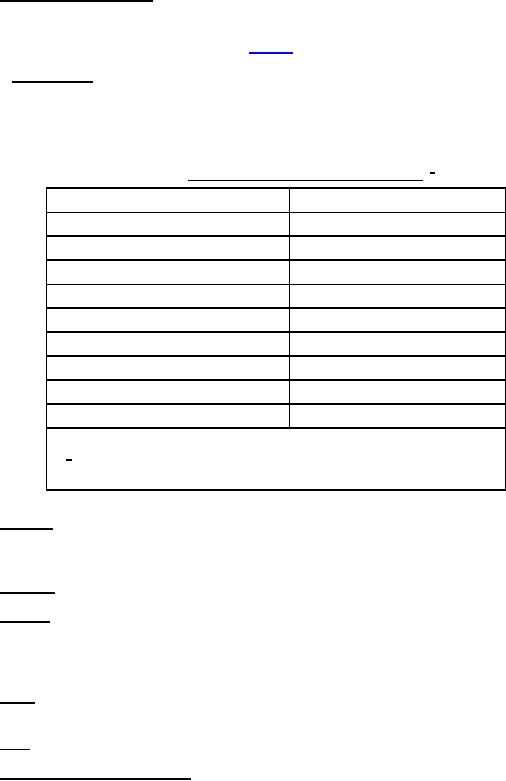
MIL-DTL-917F(SH)
g.
Cadmium and cadmium plating (see 3.3.1.7).
h.
Flammable materials (see 3.3.1.9).
i.
Fragile or brittle materials (see 3.3.1.10).
j.
Freon solvents.
k.
Radioactive materials.
l.
Magnesium or magnesium base alloys.
3.3.1.1 Toxic pyrolytic materials. Toxic pyrolytic materials include those materials which emit toxic gases or
other harmful products when exposed to high temperatures, including fire, such as encountered in naval shipboard
service. When a material is subjected to the pyrolysis test in accordance with DTIC AD 297457, the concentrations
of gases emitted shall not exceed the values shown in table V.
3.3.1.1.1 Pyrolysis test. The pyrolysis test specified herein is applicable to laminates, molding compounds,
encapsulating materials, and other rigid structural insulating materials. It does not apply to the integral parts of coils
or windings, such as magnet wire insulation, ground and layer insulation, varnish, tape, and tying cord or similar
materials used in the construction of such windings.
TABLE V. Maximum concentration of toxic gases. 1/
Toxic gas
Max. parts per million
Carbon dioxide
15,000
Carbon monoxide
1,500
Ammonia
2,500
Aldehydes as HCOH
100
Cyanides as HCN
100
Oxides of nitrogen as NO2
150
Hydrogen chloride
100
Sulphur dioxide
400
Hydrogen fluoride
250
NOTE:
1/
For more information on this subject, refer to: "Noxious Gases",
Henderson & Haggard, Reichold Publishers, New York.
3.3.1.2 Mercury. Equipment meeting this specification shall be free of mercury. This includes component
parts such as switches, thermometers, manometers, and so forth. Mercury may not be used in the manufacture or
testing of materials or components.
3.3.1.3 Asbestos. Asbestos, in any form, shall not be used.
3.3.1.4 Silicone. Silicones of any type, whether in the form of insulation, sealants, lubricants, or antifoam
agents, shall not be used in total enclosed type motors and generators employing carbon contact brushes. For open
ventilated type motors or generators having carbon contact brushes, use of silicone containing materials is
acceptable.
3.3.1.5 PCBs. PCBs used as insulating fluids in transformers and capacitors shall not be used in any Navy
equipment.
3.3.1.6 PVC. PVC, in any form, shall not be used.
3.3.1.7 Cadmium and cadmium plating. Cadmium plated parts and fasteners shall not be used.
28
For Parts Inquires submit RFQ to Parts Hangar, Inc.
© Copyright 2015 Integrated Publishing, Inc.
A Service Disabled Veteran Owned Small Business